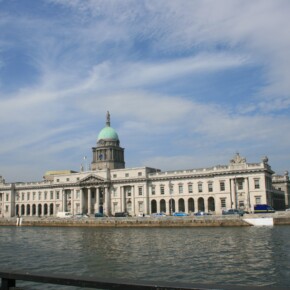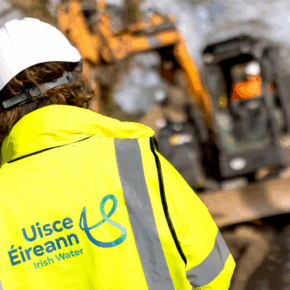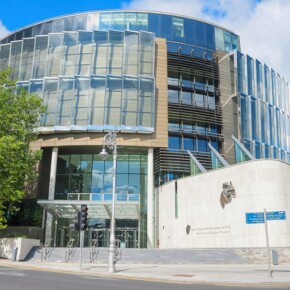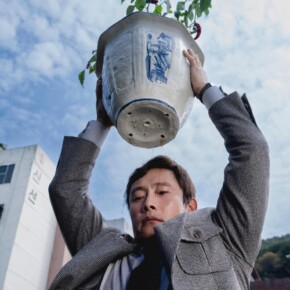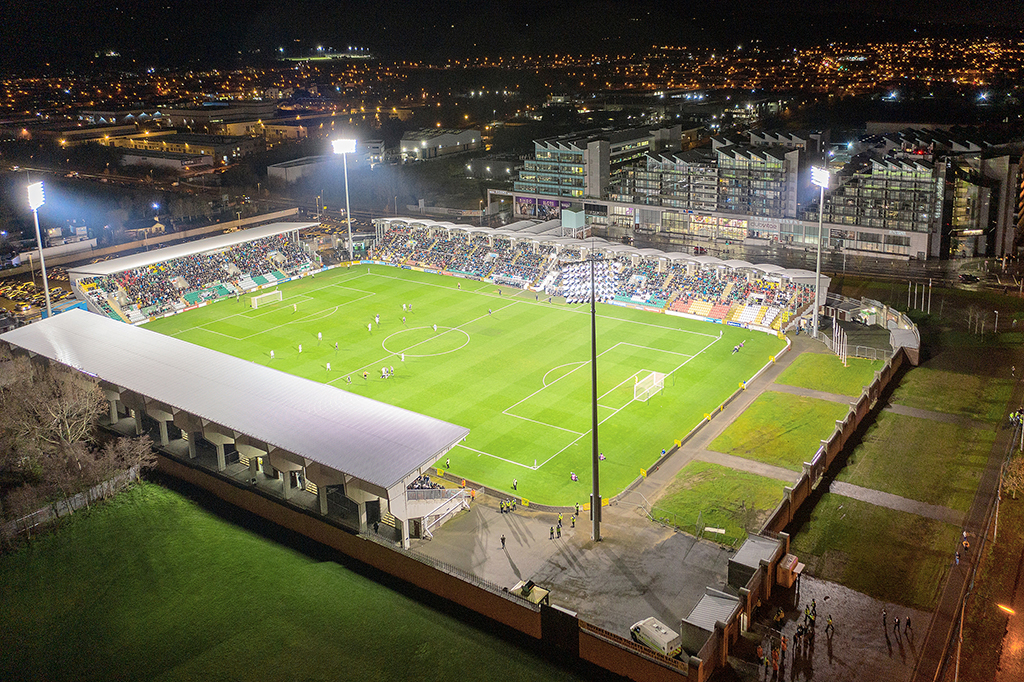Maria aiming to help the whales
Dublin People 11 Jun 2018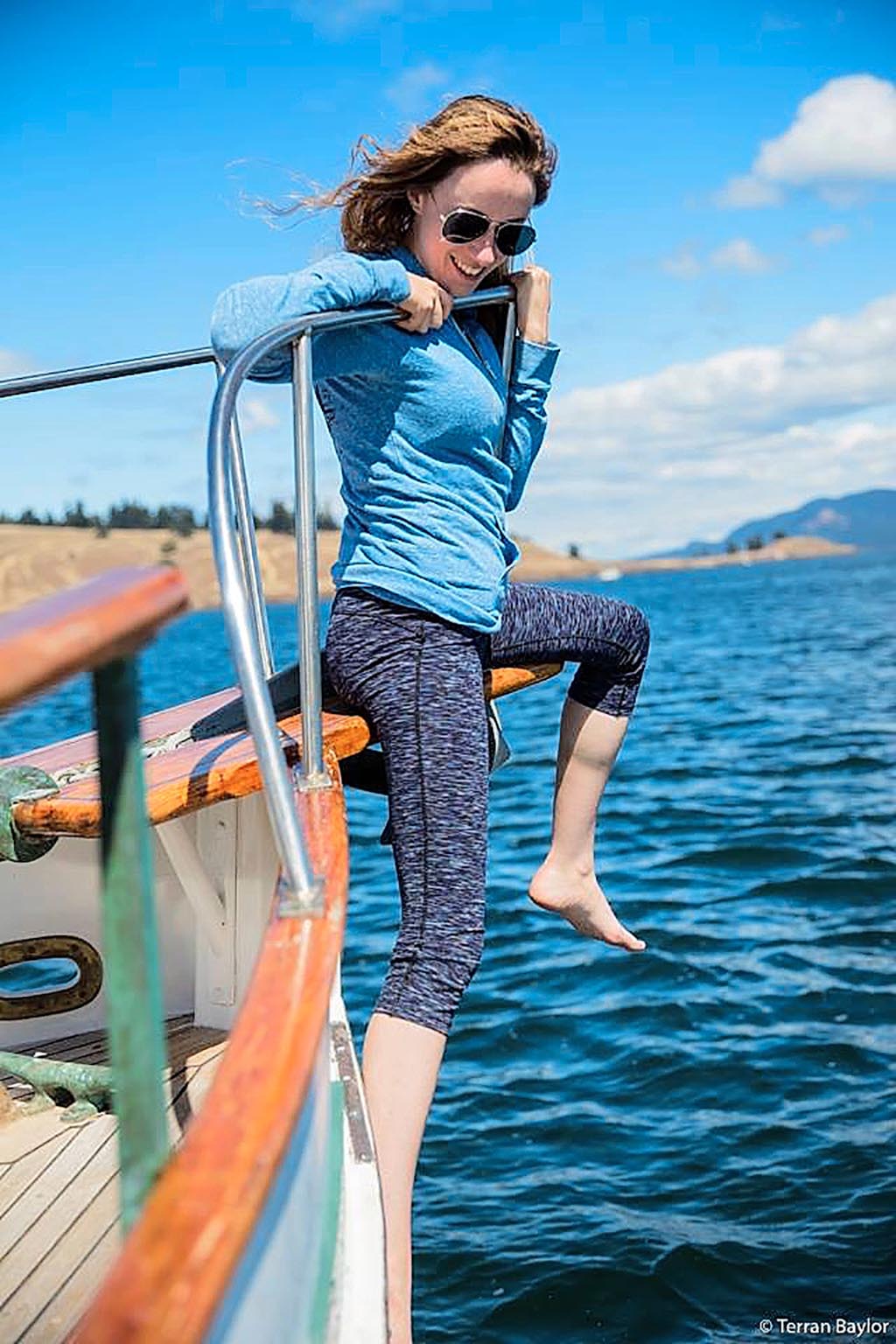
Orla O’Driscoll
A NORTHSIDE woman is using her voice to help stop the eradication of Orca whales with help from Game of Thrones star, Maisie Williams.
Maria Nangle, from Santry, is part of a team researching the southern resident Orcas of the Salish Sea.
“I knew from a young age I wanted to protect life in the sea,” says Maria.
“After studying nursing in the UK, I got involved with a group called the ‘Dolphin Project’. I went to Japan to see what was happening.”
What was happening is reminiscent of the 1960s where groups of whales and dolphins are captured for aquariums worldwide.
Maria says: “In the ‘60s, it was these types of captures which took out whole families of dolphins and whales.”
There are 10 distinct types of killer whales on our planet. They operate as pods, with the females the matriarch, leading each pod.
Killer whales are one of the only creatures whose females do not die off after menopause, and one whale called ‘Granny’ part of a group in the Salish Sea, was thought to be 107-years-old when she died last year.
Maria, impassioned by the Dolphin Project, has now become part of a team of documentary makers whose project, ‘Searching For Chinook’, will highlight the plight of the Orcas of the Salish Sea.
The documentary will address primarily the lack of their natural food, the Chinook Salmon, which too is becoming extinct due to the worsening conditions of the oceans, disease and man-made dams which are hindering its natural migration routes.
The team also includes activist Alex Johnston, and Game Of Thrones actor Maisie Williams, who has been vocal on the health of marine life for many years.
These giant creatures are currently listed on the endangered species list, and their numbers are still dwindling.
Maria says: “There are 76 documented whales in the group and so far this year they have not come into the summer waters, the same waters they have been in for decades.”
The trio, along with local support, will live on the island, and document the whales daily, checking for illness, loss of life, and feeding abilities.
Maria says: “A lot of the problems are with river dams hindering natural migration routes for Chinook Salmon, the main source of food for the Orcas.
“The whales have become ill due to over fishing of their food source, contamination and disease from overcrowded fish farms.”
Maria says: “I have a particular favourite. Her tag is J50, or our name, Scarlet, due to the scars all over her body.”
Maria explains that whales operate in close family units all the time, and if a birthing whale gets in trouble the other females help.
“In Scarlet’s case they pulled her by her tail in order to help her mother birth her,” she says.
According to research, southern whales are starving to death, miscarrying, and becoming ticking toxic timebombs due to the depletion of their natural environment.
Maria adds: “Everyone has the ability to elicit change, even by doing something small, big things can happen. And change can be achieved.”
- Maria aiming to help the whalesÂ



